30, September 2018
Yaounde holds its breath as Ambazonian anniversary looms 0
Cameroon is nervously awaiting the first anniversary on Monday of a declaration of independence by its English-speaking minority less than a week before the country plunges into presidential elections.
Attacks are occurring daily in the two regions that are home to this French-speaking country’s anglophones, and many say they are afraid.
In the worst-affected areas, some people have fled with whatever possessions they can carry. Others say they rarely venture out of their homes, fearing separatists as well as the security forces.
On October 1 2017, radicals declared the creation of the “Republic of Ambazonia,” covering two English-speaking regions incorporated into francophone Cameroon in 1961.
The declaration went largely unnoticed outside Cameroon, and “Ambazonia” — named after a bay at the mouth of the Douala River — has been recognised by no-one.
But the move marked the start of a crisis that has cast a shadow over the October 7 elections, in which 85-year-old president Paul Biya, who has ruled the country for 35 years, is seeking a seventh straight term in office.
“The army killed lots of people on October 1,” Monsignor Emmanuel Bushu, bishop of the Buea, capital of Southwest Region, said at the time.
“For nearly two weeks, they shot at people like you shoot at birds.”
Mounting toll
Biya’s crackdown coincided with a surge of bloody attacks by the separatists, gunning down troops and police and burning schools and other perceived symbols of the Cameroonian state.
At least 400 civilians have been killed this year, according to the International Crisis Group think-tank. The government says 109 members of the security forces have been killed since the end of 2017.
Atrocities have been committed on both sides, according to watchdogs.
“The brutal attacks against ordinary people and security forces are further proof of the horrific escalation of violence,” Amnesty International said on September 19.
According to UN figures, 246,000 people in the Southwest Region have fled their homes, and 25,000 have sought shelter in neighbouring Nigeria, many of them living from hand-to-mouth in the forests.
Estimates of displaced people in the neighbouring Northwest Region — the other restive anglophone region — are not available.
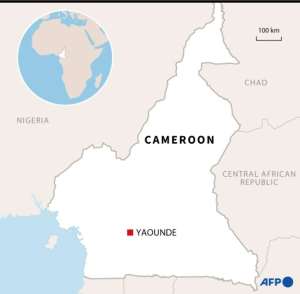 Map of Cameroon locating English-speaking regions and their capitals, Bamenda and Buea.
Map of Cameroon locating English-speaking regions and their capitals, Bamenda and Buea.The government has imposed tight controls, including over the mainstream media, and both sides are fighting for public opinion in the domain of social media.
The economic damage, too, has been severe. The state-run palm oil company Pamol has deserted some of its plantations, and cocoa and coffee production has stopped because villages have abandoned their crops, the Cameroon NGO Human Is Right said in July.
The government has set up an emergency aid fund for the two regions, to which many Cameroonians have given generously.
Legacy of history
Around a fifth of Cameroon’s 22 million people are English-speaking. The legacy dates back to the colonial period.
Cameroon, once a German colony, was divided between Britain and France after World War I. The French colony gained independence in 1960, becoming Cameroon. The following year, the British-ruled Southern Cameroons was amalgamated into it, giving rise to the Northwest and Southwest regions.
But resentment at perceived discrimination at the hands of the francophone majority, especially in education and the judiciary, began to build.
Demands for greater autonomy grew but were always rebuffed by Biya, culminating in the October 1 declaration.
Shadow over elections
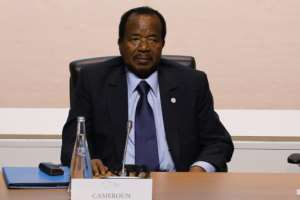 President Paul Biya, 85, has been head of state for 35 years. He has sternly rejected independence or a federal status for the two anglophone regions.
President Paul Biya, 85, has been head of state for 35 years. He has sternly rejected independence or a federal status for the two anglophone regions.The upcoming elections, a symbol of national sovereignty, have placed the separatists and the authorities in a toe-to-toe fight over who controls the two restive regions.
Attacks on schools rose in September after the return of classes following the summer break. A 12-hour night-time curfew has been declared in the Northwest Region.
The separatists — known as the “Ambazonians” or “Amba Boys” — have vowed to prevent the elections from taking place.
“I’m afraid. I won’t turn out to vote,” said Elizabeth, who lives in the holiday resort of Limbe in the Southwest Region, speaking on condition of anonymity.
“I’m afraid of the Ambazonians but also of the police and military who kill… things could go very badly on polling day.”
Another voter, who gave her name as Ruth, said, “I won’t vote, and many people I know won’t be voting either, because of the threats of the Ambazonians.”
The government has declared that the poll will take place in all of the country’s 360 districts, although some ballot stations will be “relocated” to reduce the risk of attacks.
“I’m sure the elections will go ahead… but the turnout is likely to be low,” said a worker with an NGO which will be monitoring the ballot.
Culled from ModernGhana.Com
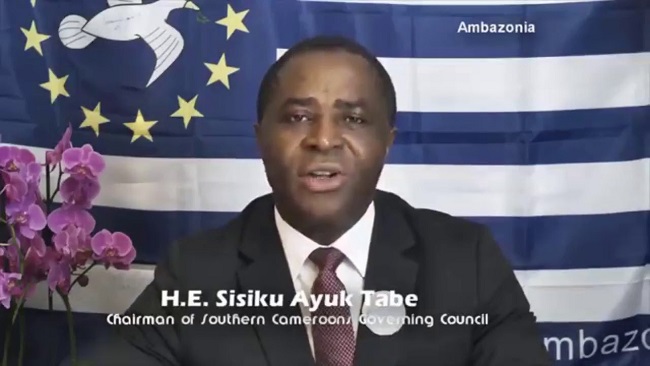

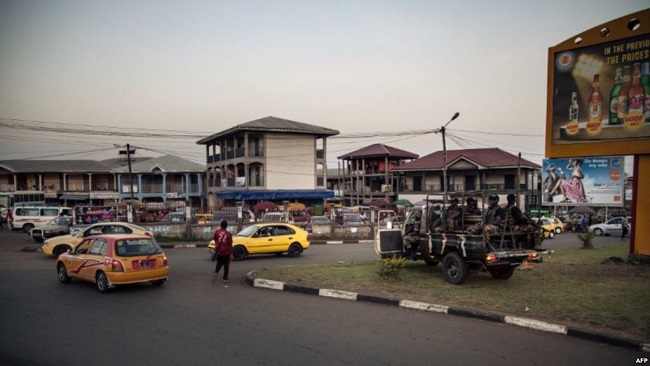
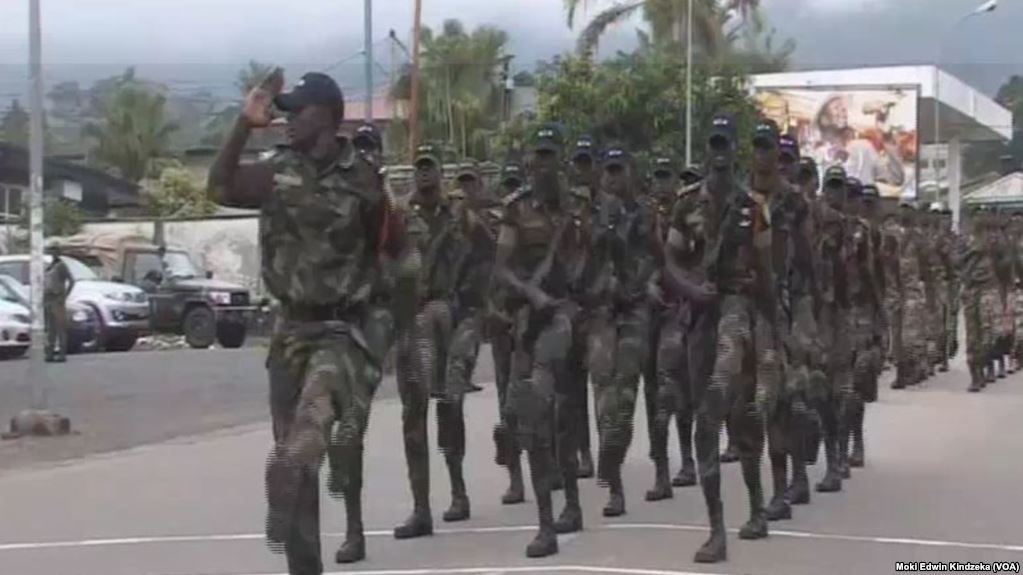
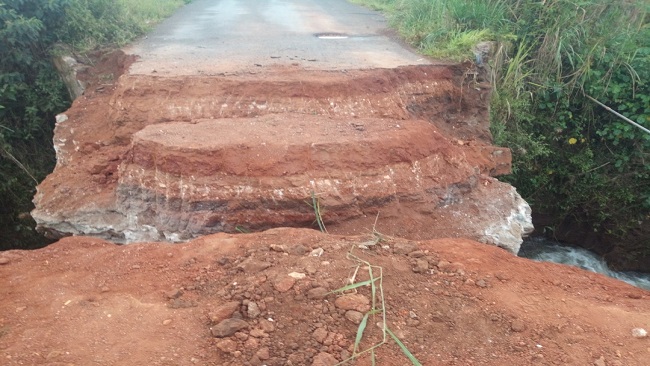
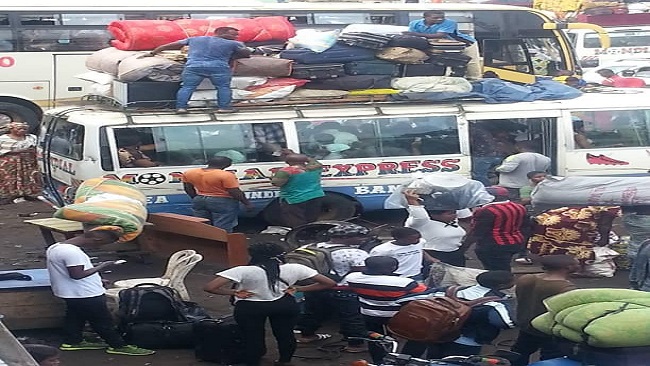
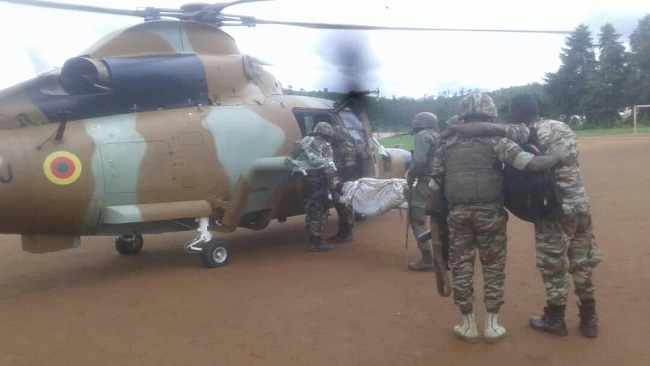
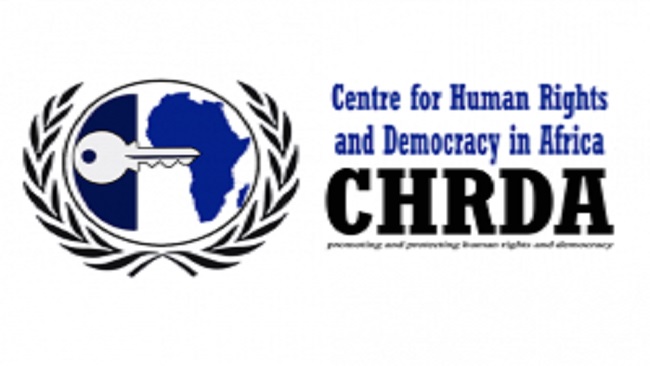
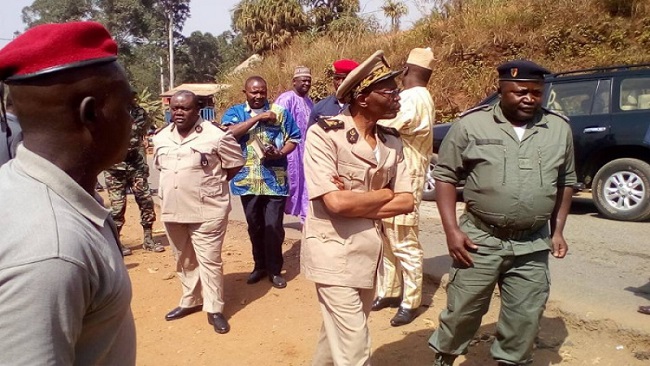

















30, September 2018
Southern Cameroons crisis: Cameroon Concord News Group journalists targeted 0
The Southern Cameroons crisis has entered a very critical phase, with journalists now being targeted as a means of hiding crimes against humanity committed in Cameroon’s English-speaking cities and towns. As the government seeks to wrap up things very fast, it is now targeting young male adults and it has, over the last month, ordered its troops to shoot and kill.
This order is in force in the two English-speaking regions and journalists are not exempt, especially those who are under cover. Two weeks ago, Kingsley Betek almost lost his life in Muyuka as he was under cover to investigate the killings in Fako Division. While trying to check out a timber truck that was being escorted to Douala, Kingsley Betek missed the bullets of a trigger happy soldier.
He missed death by the skin of his teeth as the bullet scraped his hair before finding accommodation in a nearby tree. Luckily for him, the soldiers just continued their journey as the timber was more important than human beings.
He has been stopped on many occasions in Buea and Limbe while seeking to cover some events. Many soldiers have stopped him, but have never really linked him to the famous news group that is providing a balanced report of the crisis.
But it is Irene Nanyongo who is having a tough time plying her trade in the region. She is permanently harassed and she has already received many death threats from some unknown individuals.
It is becoming dangerous to practice this profession today in Cameroon. Other journalists such as Mimi Mefo and Nfor Prince of other media groups are permanently in fear of their lives.
With the passing of each day, the regime is becoming more desperate and it does not want its atrocities in the region to be reported. The international community is breathing down its neck and this is causing it to be erratic in its efforts to hide the crimes against humanity that its soldiers are committing.
By Asu Vera Eyere